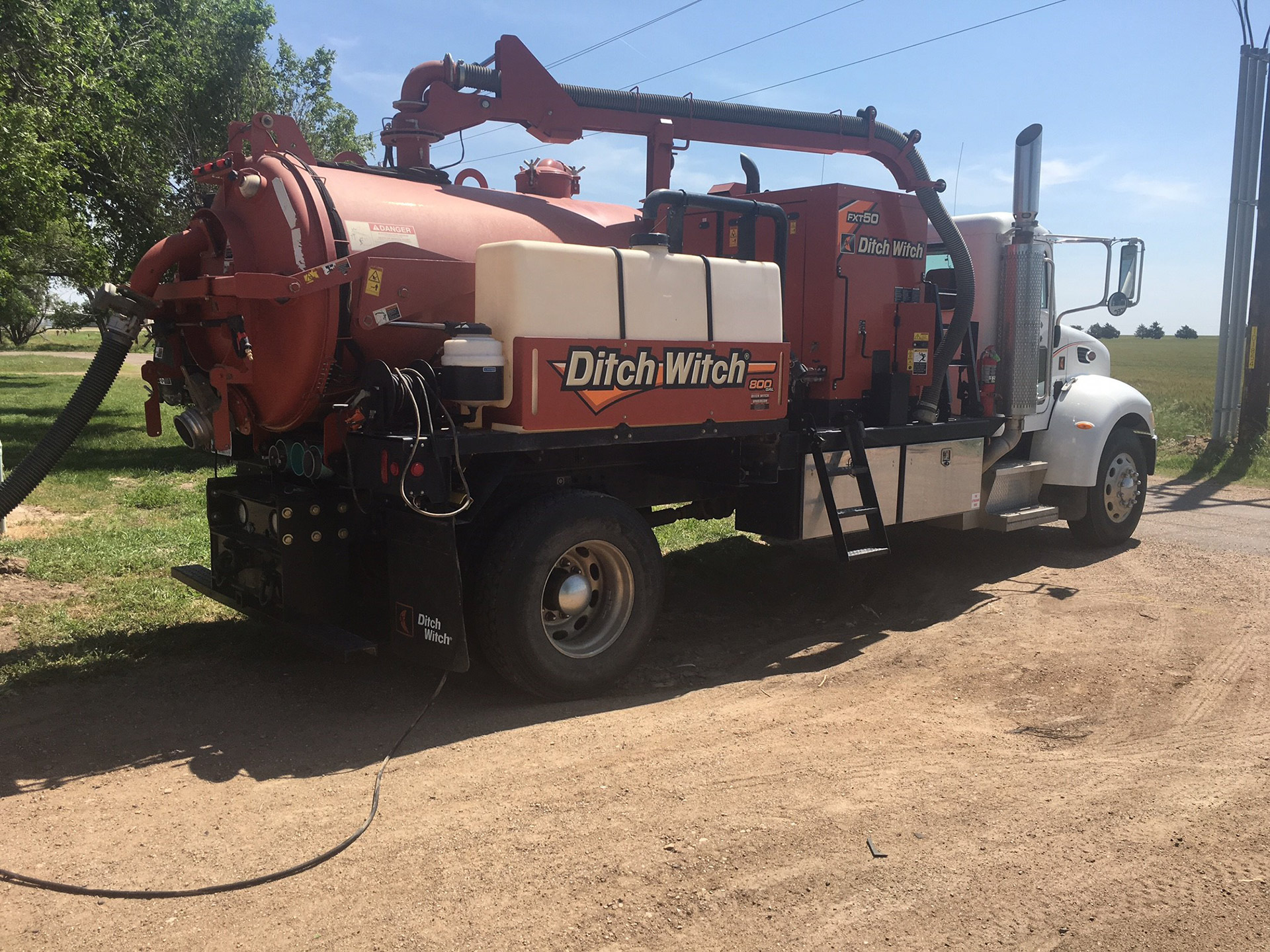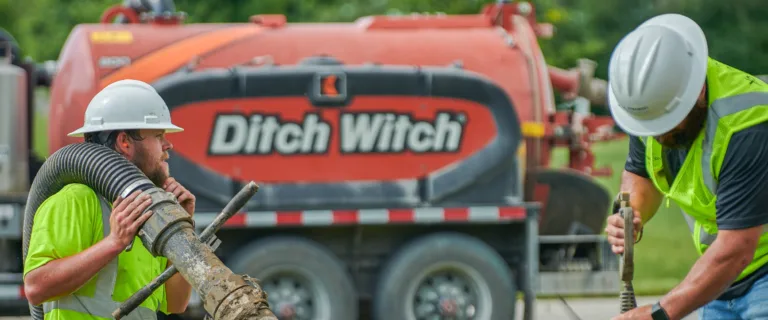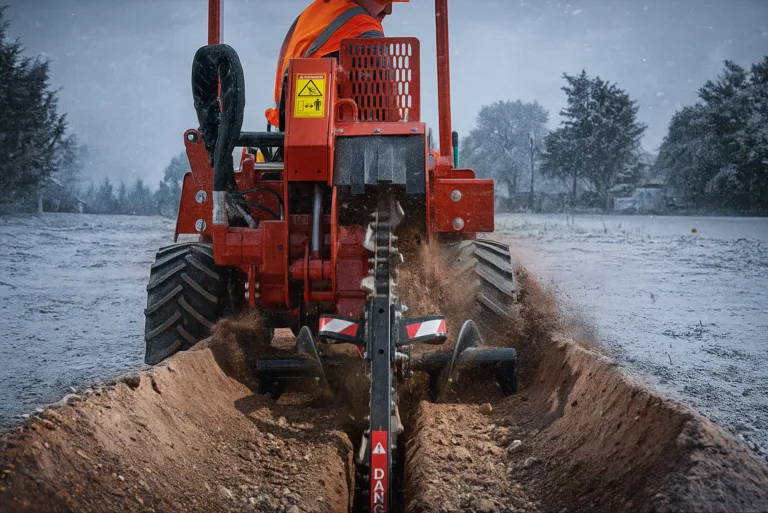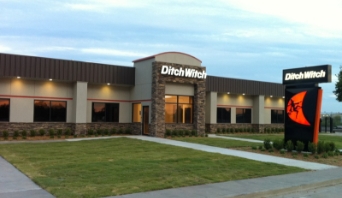Tri-County Electric Cooperative
The versatile vacuum excavator has become a familiar sight on utility construction projects.
Vacuum excavators are portable, dual-purpose machines which are both “soft” excavators able to dig precisely-controlled holes and also be used as a powerful vacuum system. They are available in many sizes, ranging from compact contained models on small trailers to large truck-mounted systems.
Soft excavation is widely used for potholing—exposing buried utilities to visibly confirm their exact location. Soft excavation can make potholes or short trenches with less risk of damaging existing utilities than mechanical digging methods. Depending on soil conditions, a vacuum excavator can dig a 12-inch-square pothole four feet deep in about 20 minutes.
A vacuum excavator’s vacuum capability is widely used on directional drilling work sites to remove excess drilling fluids that escape from bore holes. They are powerful, mobile vacuums for cleaning out vaults, manholes, duct banks, cuttings made by pavement saws, and virtually any clean-up task. They also have been used to suck cable attached to a pig through conduit. The new FXT truck-mounted vacuum excavator is a recent acquisition of Tri-County Electric Cooperative (TCEC), Hooker, Oklahoma.
“We purchased a Ditch Witch FXT50 truck/vacuum excavator package,” said Rick Wayman, TCEC manager of construction.
Being on a truck provides good mobility, he said.
“We are doing a lot of potholing with the FXT50,” Wayman continued. “Many areas we work in are full of city utilities, and vacuum excavation can quickly make potholes without damaging the lines being located.
“We also are using it to dig piers for light poles. Locations where poles are being set also are in areas full of utilities, and without the new machine, they would have to be dug by hand–there are too many utilities to use mechanical equipment.
A TCEC crew also used the vacuum excavator to dig a 30-foot-long trench.
“It was in an area filled with utilities,” he said. “Soft excavation allowed us to dig the trench without damaging anything that was already in the ground. So far, we haven’t used it much as a vacuum, but we can see almost unlimited possibilities.”
The FXT50 excavates with high-pressure water. It is powered by a 49-horsepower diesel engine and has a 1,020 cfm blower and water system with water pressure capacity to 3,000 psi. It has a 400-gallon water supply tank and 800-gallon spoil tank.
With headquarters in Hooker, Oklahoma, Tri-County Electric Cooperative serves approximately 23,000 residential and business meters in the Oklahoma and Texas panhandles, Southwestern Kansas, and parts of New Mexico and Colorado. TCEC is a Touchstone Energy cooperative.
TCEC is served by Ditch Witch UnderCon with headquarters in Amarillo, Texas and locations in Valley Center and Park City, Kansas, and Grand Island, Omaha and Lincoln, Nebraska.
For more information visit the Ditch Witch website at www.ditchwitch.com.





